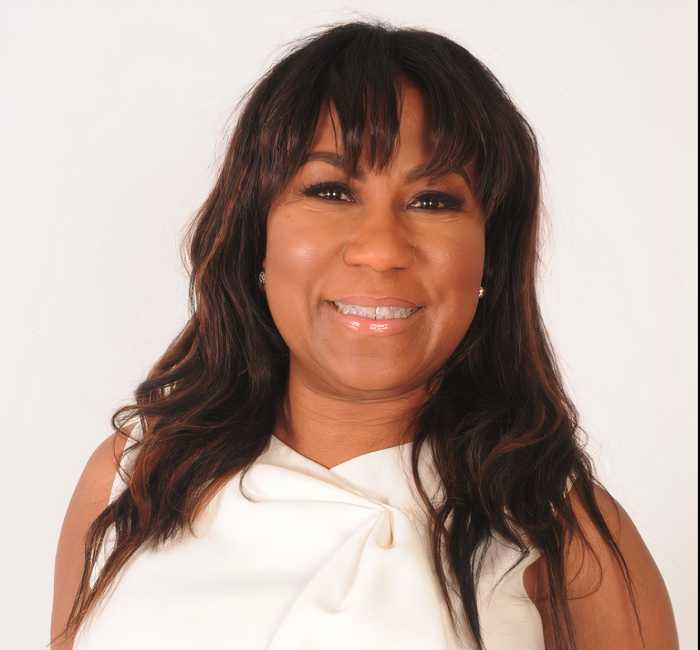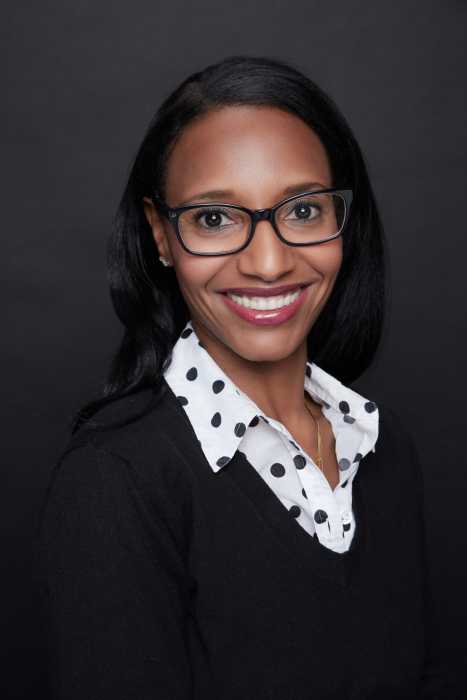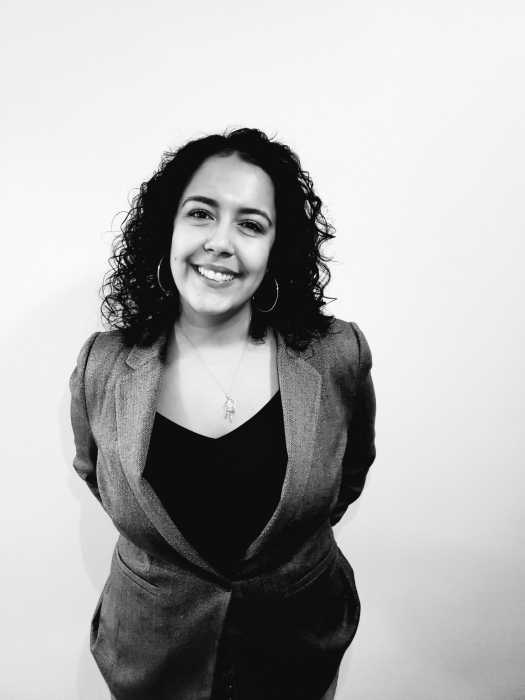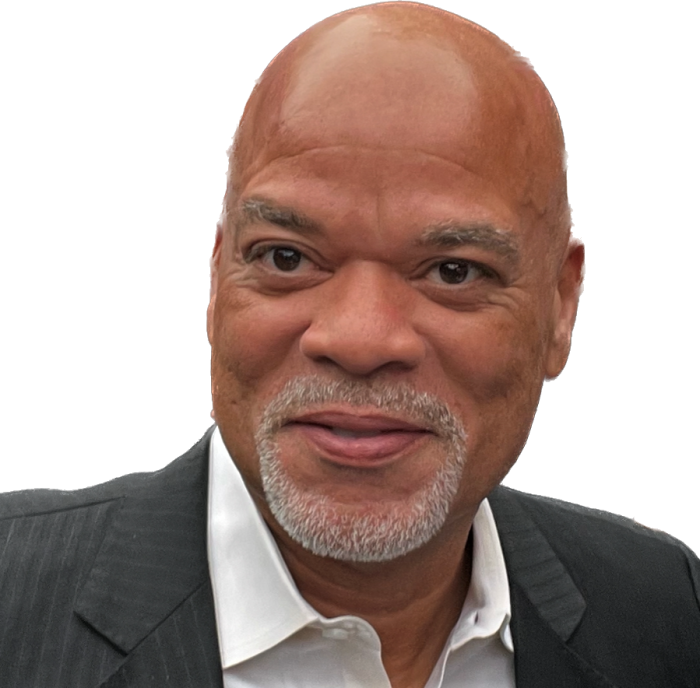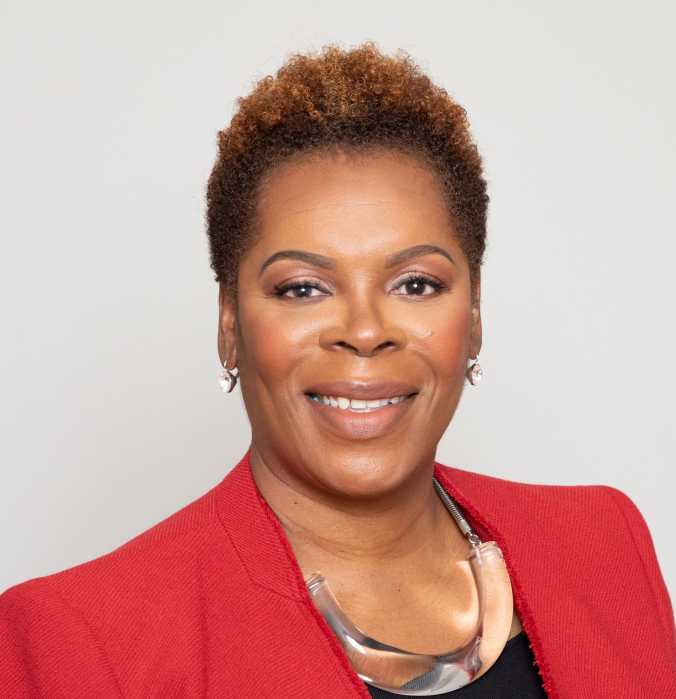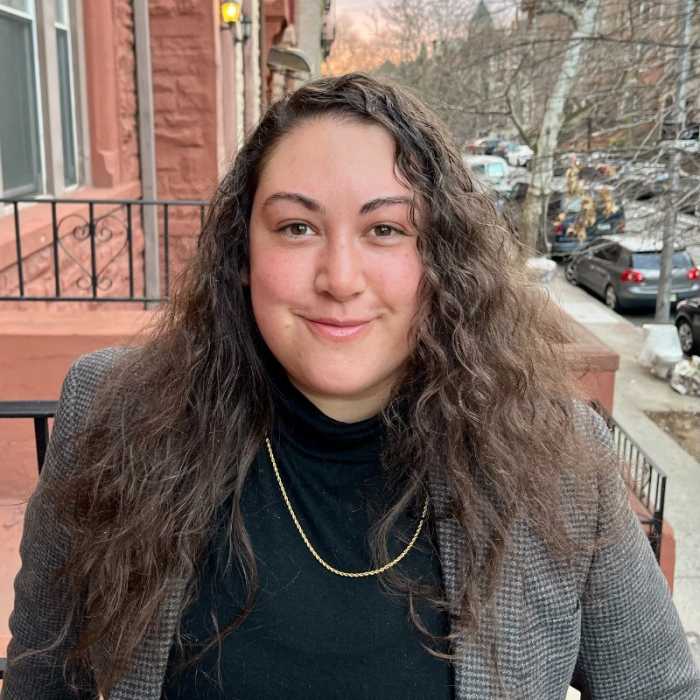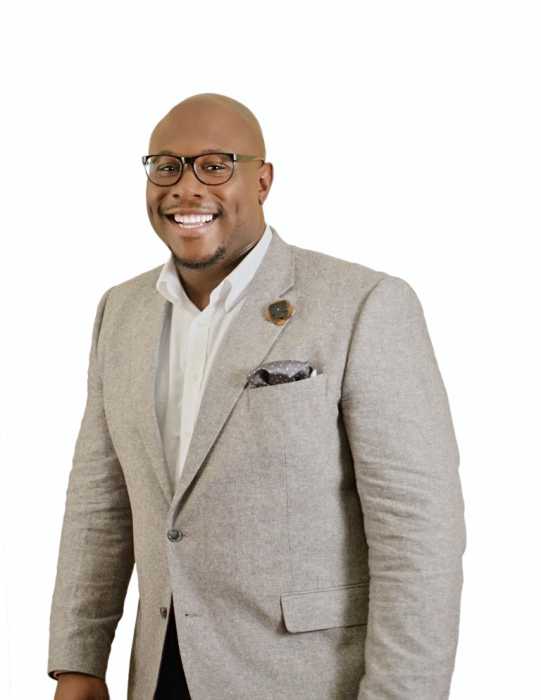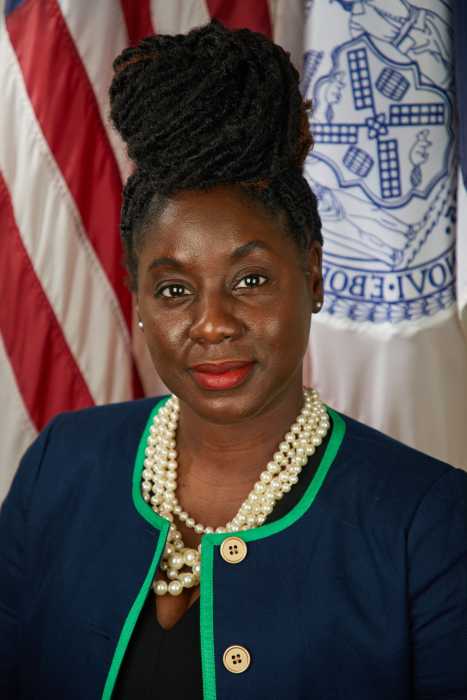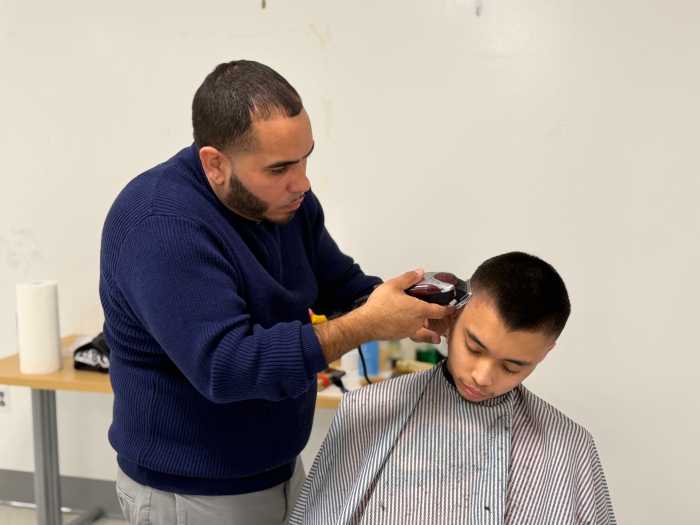Sandra Altiné, is a human resources executive with nearly three decades of experience developing best-in-class DEI practices across a range of powerful and impactful organizations, including Moody’s, The FutureWork Institute, JPMorgan Chase, and currently, Meta. In her role at Meta, she leads a team of DEI practitioners that drive scaled solutions throughout the employee lifecycle to ensure DEI is integrated and measured into HR systems, practices and programs.
How do you define diversity, equity and inclusion?
Diversity is the mix of people that represent the complexity and uniqueness of every human being, for example, race, gender, sexual orientation, religion, etc. Equity refers to leveling the playing field to drive objectivity and fairness, by removing structures, systems and policies that hinder opportunity and access for all, especially underrepresented people. Inclusion is about creating a work culture where all employees feel heard, seen and can fully participate in their success and the company’s success.
What motivated you to become a DEI advocate?
Early in my career, I was one of the architects that helped shape the DEI strategy for the company I was working for at the time – it was the early 90s and D&I was in its infancy.. I had experience in ops management and leadership development and was asked to not only help develop the DEI strategy, but to execute the DEI learning programs – it was an amazing opportunity! And… I had sponsors rooting for me and my success. I also recognized that I was an anomaly for the Black woman experience – my managers invested in my growth, and I attended leadership programs, was coached and given just-in-time feedback, and was promoted at a rate comparable to my majority peers. I learned from other Black women that this was not the case for them, and through my new role, I learned the experiences of other groups – Women, Latinx, Black, Asian, LBGTQ+ – were vastly different from the majority. This shaped my drive for change and altered the course of my career. DEI work is ongoing, continues to evolve, and must be intentional, and I’m here for it!
What do you think are some of the benefits of promoting diversity, equity and inclusion?
As human beings, we’re all multifaceted and complex. DEI brings awareness to the diverse dimensions and experiences that exist. Understanding those differences is the foundation that helps eliminate bias in structures and systems, and that understanding begins to level the playing field. Everyone wants an equal shot; organizations, teams, companies want the best talent, and promoting DEI is how it starts. That said, we can’t stop there – we also have to be intentional about building equity into our systems so that we can break down barriers and ensure everyone has an equal opportunity to succeed.


